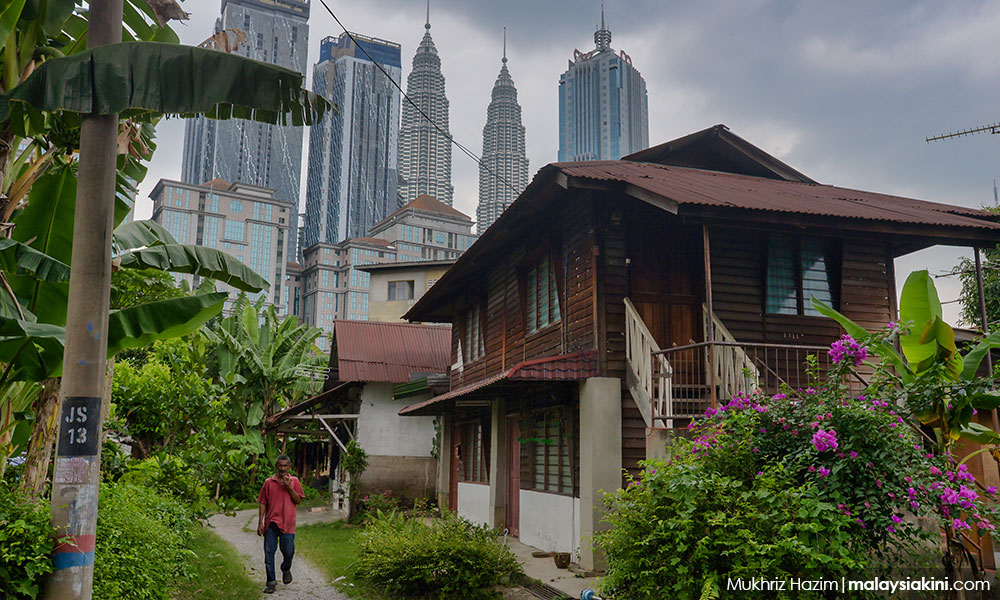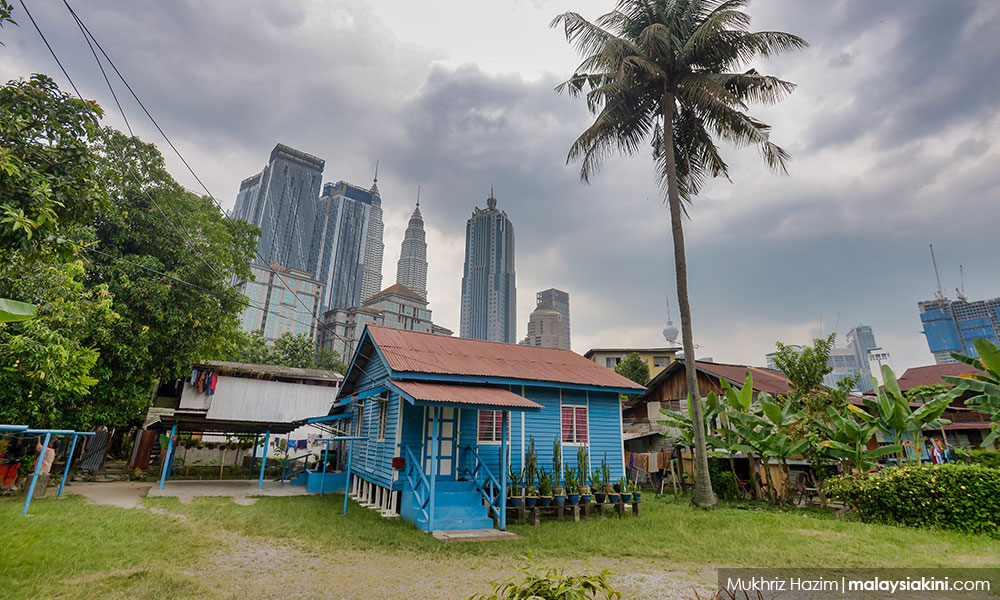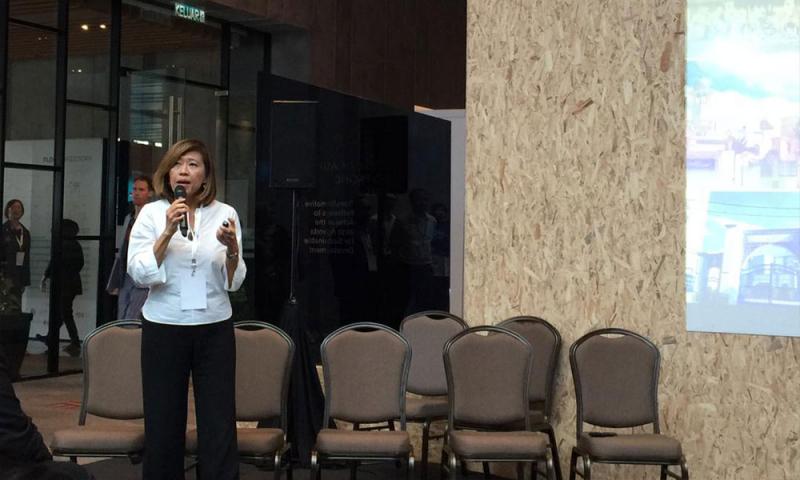Traditional Kg Baru homes to be preserved as galleries, cafes
The traditional Malay houses that now sit in the shadow of the gleaming Petronas Twin Towers in Kampung Baru, Kuala Lumpur, will be relocated and preserved as part of the redevelopment project.
The redevelopment master plan includes a Heritage Park, where these houses will be relocated to make way for mixed development, Veritas Design Group vice-president Lilian Tay (above) said.
The Heritage Park is part of various elements in the Kampung Baru redevelopment master plan.
Houses that are not located where new structures will be built, will remain in their original location, Tay said.
“If we like these Malay houses, some will be turned into galleries, digital libraries and cafes, that sort of public recreational area,” she said.
She said an audit has been done on all the various types of traditional houses in Kampung Baru, and which of these units will be relocated.
“This is nothing unusual. That is exactly why the Malay timber house is designed that way, elevated from the ground and all.
“This is a tradition in Malaysia and Indonesia; moving a house is a community ritual,” she said.

Tay presented the Kampung Baru redevelopment project at the Asia-Pacific Urban Forum in Bayan Lepas, Penang, today in her capacity as Pertubuhan Arkitek Malaysia president.
Last month the government offered to buy out landowners at the federal capital’s oldest Malay enclave, at a rate of RM850 per square feet, in order to develop the prime inner-city location.
Critics said the price was too low, given the location, but Prime Minister Dr Mahathir Mohamad said this was to ensure the prices of property in the redevelopment project would be affordable.
Among new buildings which will stand where the traditional houses are, is Legasi Kampung Baru, a 43-storey residential tower which boasts “mesmerising views of the Twin Towers and Kuala Lumpur Tower”.
According to Legasi’s website, a 950 square feet unit with three bedrooms in the 43-storey residential tower will cost at least RM761,200.
Food haven identity to remain
Meanwhile, Tay said the redevelopment of Kampung Baru will take into account the area’s identity as a food haven for Kuala Lumpur residents.
Famous food stalls and restaurants located there, like Nasi Lemak Antarabangsa, as well as the popular night market and Ramadan bazaar, will not be relocated or affected by the redevelopment, she said.

“It is not just the physical planning. It is to plan for the lives of these people and these small businesses which thrive in Kampung Baru.
“(They) will not suffer disruption to their businesses during the redevelopment phases. So they will remain, the pasar malam, the bazaar Ramadan, those stretches will be retained,” she said.
Other features include an amphitheatre where open-air cinema nights can be held, in the wayang pacak tradition, and a media centre, which could screen films from the golden era of Malay cinema featuring one-time Kampung Baru residents P Ramlee and Saloma, she said.
“The whole thing is about balancing out the city, where it has become overly-commercialised.
“Now we are creating houses to allow people to live in them and make urban lives more amenable. So you don’t have to live 20km away from your workplace or drive for two hours (to work) every morning.
“We hope it will eventually create a more balanced urban lifestyle where you can live and work in the same place,” Tay said.
RM12.50 / month
- Unlimited access to award-winning journalism
- Comment and share your opinions on all our articles
- Gift interesting stories to your friends
- Tax deductable
